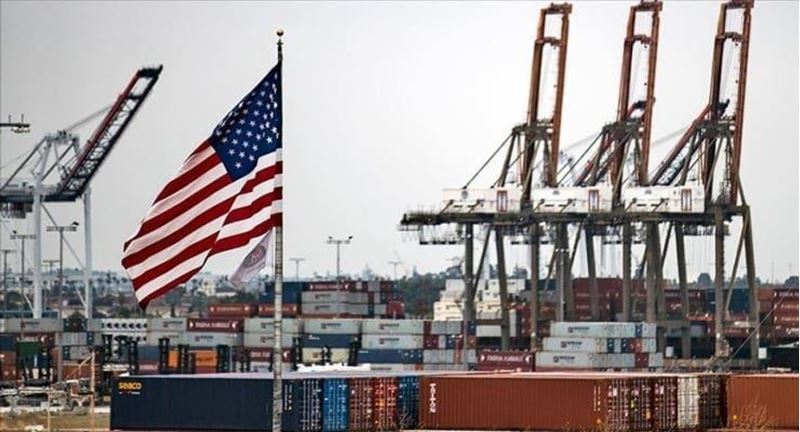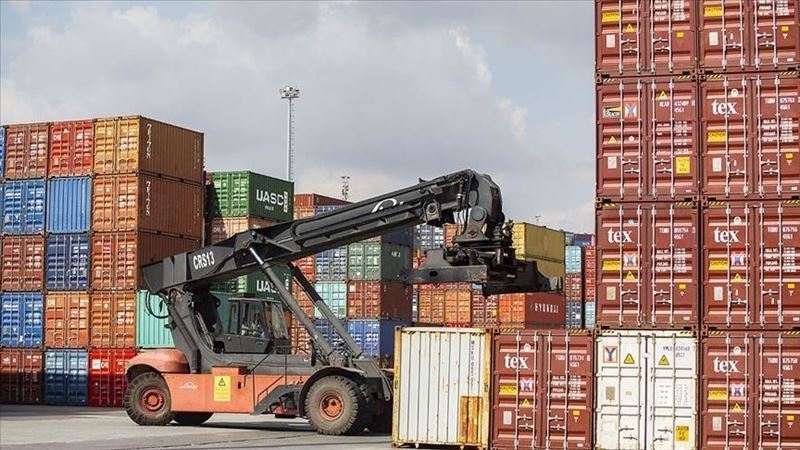US President Donald Trump announced that he plans to impose tariffs of up to 25% on Mexico and Canada by February 1st. This announcement marks a significant turning point in trade relations and could have far-reaching consequences that may affect the economic situation of these two countries. The justification given was the claim that these countries allow the flow of undocumented immigrants and drugs into America. In this context, it is believed that Trump's move will have not only economic but also social and political implications.
Justifications for imposing the tax
Trump aims to protect the economic interests of the US by imposing these tariffs. The move to "impose an additional 25% tariff on Mexico and Canada" is seen as an effort to support domestic production and safeguard America's workforce. However, there are concerns that such an approach could create tension in international trade relations and lead to violations of existing agreements. This situation could undermine mutual trust between countries and harm the global trade system.
Economic impacts and concerns
The economic effects of the tariffs will be felt immediately. The automotive sector, in particular, may enter a challenging period after this date. The costs for American companies dependent on automobile imports from Canada and Mexico will rise, resulting in price increases for end consumers. Additionally, many workers involved in the supply chain may face job insecurity. This situation could lead to rising unemployment rates and overall economic uncertainty within the countries. The statement, "impose an additional 25% tariff on Mexico and Canada," has caused concern among investors and led to fluctuations in exchange rates.
The Potential of a Trade War
The Role and Impact of NAFTA
The NAFTA agreement, which forms the cornerstone of trade relations in North America, has been regarded by many as a major success story. However, Trump's new tariff measures have called the future of this agreement into question. The abolition or revision of NAFTA could have profound effects on the economies of both Canada and Mexico. In this context, concerns are being raised about how trade will be shaped and which sectors will be affected.
Responses from Canada and Mexico
The responses from Canada and Mexico to Trump's announcement have been quite strong. Both countries have stated that they will retaliate against the US measures. Canada's Finance Minister expressed surprise at Trump's unpredictable actions and emphasized that they will continue to engage in communication regarding their country's concerns. Mexico, on the other hand, plans to take similar measures to counter the import restrictions. Such retaliation could increase mutual losses and heighten the risk of a full-scale trade war.
Possible Retaliation and Consequences
The extent of retaliation from both countries will depend on the type and scope of the tariffs imposed by Trump. If tariffs exceed the agreed levels, Mexico could introduce additional tariffs on US imports. Canadian manufacturers are also planning to take steps to respond to Trump's decision both socially and economically. A possible trade war could slow economic growth and increase unemployment rates. These costs would put pressure on the national budgets of both countries.
Impact on the US Automotive Sector
Dependence on Imports and Risks
The automotive sector is one of the most critical components of trade between the two countries. The US imports a significant number of vehicles and auto parts from Canada and Mexico. In this case, the decision to "impose an additional 25% tariff on Mexico and Canada" will not only impact trade relations but also affect market dynamics within the sector. This situation will force major automotive companies to reconsider their strategies.
Potential Increase in Vehicle Prices
The tariffs announced by Trump are expected to significantly increase vehicle prices. The higher costs will directly affect consumers and create substantial cost pressures across the industry. Customs duties could raise the average new car price by approximately $3,000. This could make car ownership more difficult for low- and middle-income families and change the overall market structure.
Market Dynamics and Strategies
These changes in the automotive sector will force companies to develop new strategies. Firms that take steps to increase domestic production will aim to minimize the effects of such tariffs in the long run. They will need to revisit their business plans and explore alternative markets. How the American automotive industry navigates this period will be crucial for its future success.
International Relations and Diplomacy
Canada's Responses and Strategies
Canada continues to prepare in response to Trump's statements. The country is developing different strategies that add significant differentiation to its trade relations with the US. Being in cooperation with America on border security and drug enforcement is seen as part of Canada's diplomatic efforts. This process could change the dynamics of the relationship between the two countries.
Immigration and Drug Issues
Trump's rhetoric is also affecting Canada's stance on immigration and drug policies. A positive response from Canada could help maintain its relations with the US. However, the Trudeau government must also take a firm political stance on immigration. The strategies Canada implements in combating drug trafficking could lead to deeper cooperation between the two countries.
Communication and Cooperation Between the Two Countries
Ultimately, the 25% additional tariffs to be imposed on Mexico and Canada are not just a trade issue but also a matter affecting the surrounding international relations. The communication and cooperation established between the two countries, along with the steps they take together, can mitigate the negative impacts of this process. The important thing here is that both countries protect their economic interests while not ignoring mutual understanding and cooperation.











Comments
No comment yet.